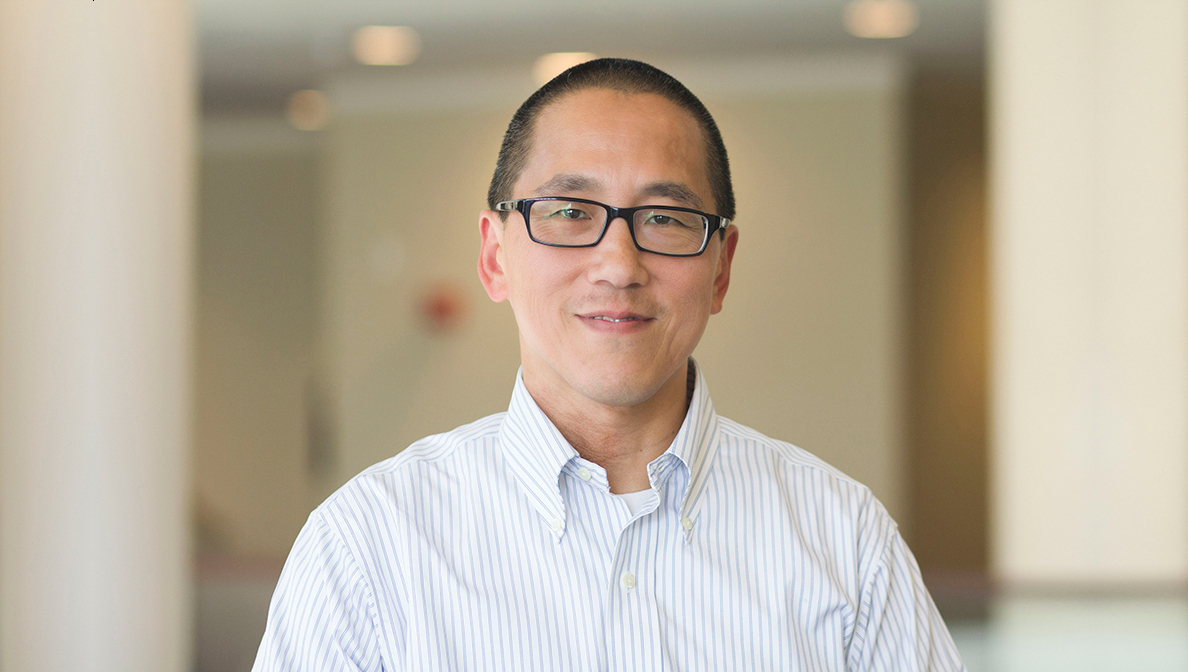Dean Li: Agility is ‘about letting the data guide you’
The president of MSD Research Laboratories discusses how managing priorities is a key to scientific success
January 13, 2022

For Dean Li, knowing how to foster an environment of curiosity and cultivate the agility necessary to maximize unique moments is a key part of his job as president of MSD Research Laboratories.
“There are certain times when you see something in a clinical trial that reshapes how you think about a field. That’s an inflection point that may fundamentally change the course of how you think about medicine,” he said.
“Lots of things are changing in medicine. We’re a company that has to always be on the lookout for new technologies that can allow you to address problems that couldn’t be addressed previously.”
A translational scientist and cardiologist, Li joined our company in 2017 as head of translational medicine and discovery from the University of Utah, where he’d co-founded several biotechnology companies based upon research conducted in his laboratory. It’s an experience-rich background that gives unique insight into how to steer an organization’s exploratory efforts.
“When I look at a complex organization, I’m also coming from a startup world,” Li said. “You have to decide where you’re going to focus at the moment. There are going to be shifts of prioritization and resources, depending on the moment in time, and that’s where judgment comes in. Agility only works if you have a breadth of understanding. It’s about letting the data guide you.”
“You have to have phase-appropriate investments. We're in an industry where we have to think about multiple timelines, how we can impact patients today, and how we can help the patients of tomorrow.”
A major strategy of Li’s approach to future developments has been how we learn from failure and build upon successes.
“Much of our pipeline has been focusing on the immunology of cancer, and it turns out that is very similar to immunology related to neurosciences, to cardiovascular metabolism, to infectious disease and vaccines,” he said. “We’ve built this incredible machinery, which can provide opportunities for new and different ways to think about treating diseases, built on insights from this work on immunology of cancer.”
Priming the people pipeline
While Li has been focused on our product and technology pipelines, there’s another aspect that’s just as important to prioritize: the people pipeline — bringing the right new talent into our organization to enhance our work.
“Science and technologies are rapidly evolving, and it is important that we recruit people with the right expertise and experience to advance our capabilities,” Li said. “We need to merge that new talent with our deep experience. It’s trying to create the right stew with the right spices.”
For Li, getting that balance right is key to assuring we have the agility and breadth we need to serve patients today as well as tomorrow.


